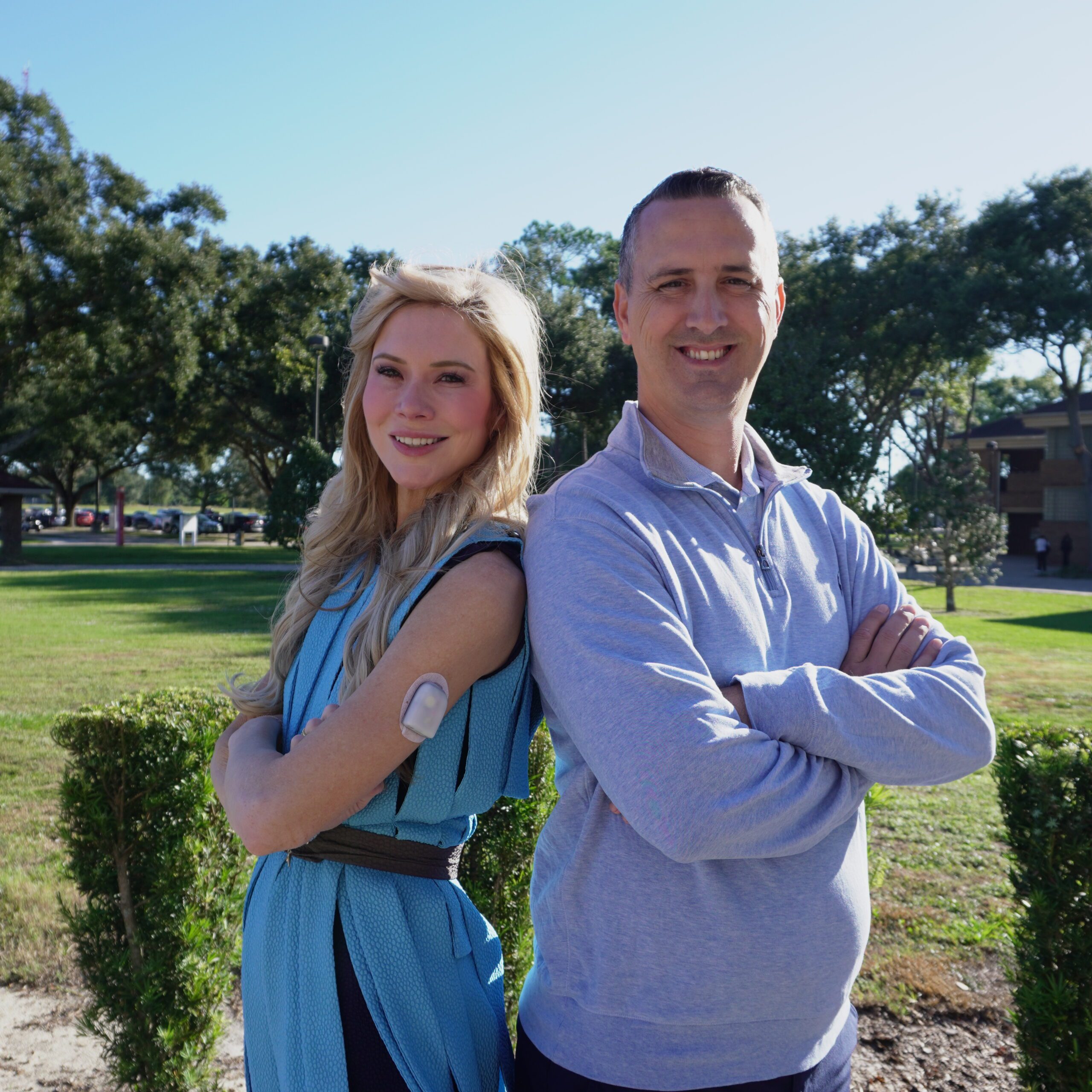
Health News
Features
-
T1D Team
Meet the Pair Leading the Charge for Type 1 Diabetes Awareness & Support in Polk County by RYAN MILEJCZAK photos by TYLER DIGIOVINE Diabetes is a disease you’re likely already familiar with to some degree. It’s a chronic condition that affects how the body turns food into energy. Type 2 diabetes — the most common…
-
Addition of Endocrinologist Takes Patient Care to the Next Level
by TERESA SCHIFFER Sponsored by Central Florida Health Care Central Florida Health Care is happy to welcome the newest member of the team, board certified endocrinologist Dr. Jessica Castellanos-Diaz-Diaz. As an endocrinologist, Castellanos-Diaz will be doing a lot of work with patients who are affected by diabetes or thyroid conditions. Castellanos-Diaz is excited to step…
-
Serving the Underserved
Diabetes Center of Excellence to Provide Multidisciplinary Approach by K. MICHELE TRICE With more than 15 percent of Polk County residents having been diagnosed with diabetes, there is a distinct need for quality health care that focuses on the illness. Central Florida Health Care is working to address that need by creating a Diabetes Center…
Columns
-
How Are AV Fistulas and Grafts Formed?
Last month, I talked about why a patient might need to undergo arteriovenous fistula surgery. This month, let’s take a look at how AV fistulas and grafts are formed.
-
August Is Children’s Eye Health/Safety Month
Children require clear and comfortable vision to be successful in school and extracurricular activities.
-
Kidneys and Your Vascular Health
Your kidneys remove excess water and waste products from your body. When the kidneys start to lose function, it is most commonly due to advancing age, long-term effects of high blood pressure, diabetes, heart issues, or a combination of these factors. Sometimes, infections and diseases that are present from birth can affect kidney function. Because…




